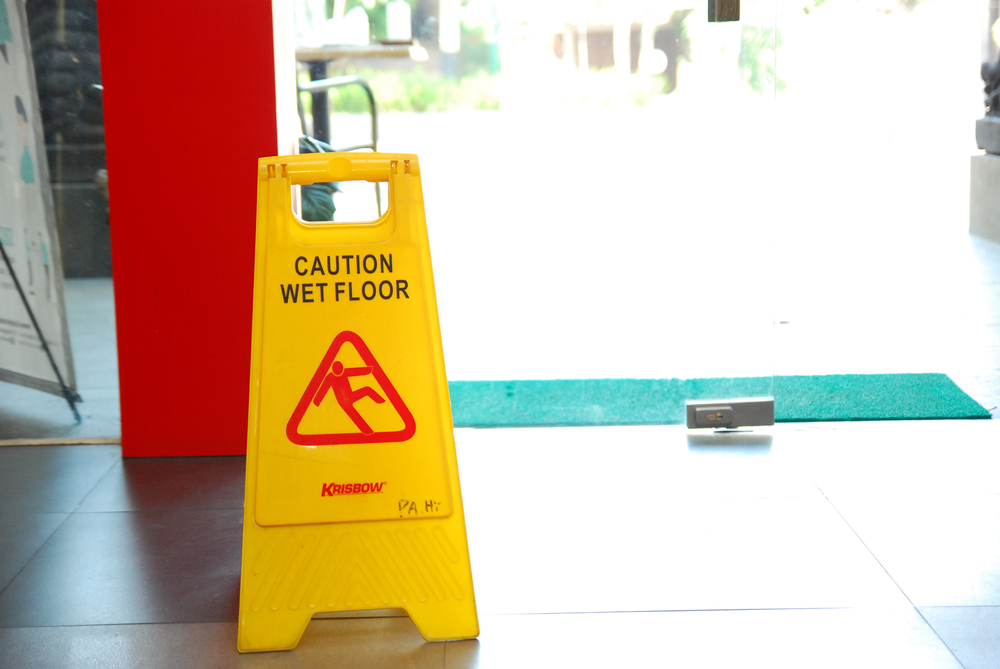When you file a slip-and-fall claim, it is essential to understand the legal steps. Your lawyer can help you determine whether or not your case is viable and guide you through the process. Every property owner owes visitors a duty of care to keep their property safe. That means they should repair known hazards, search for unknown ones, and warn people of potential dangers.

Statute of Limitations
The Statute of Limitations is a state-imposed deadline limiting your time to file a lawsuit. There are different periods for filing various legal claims, such as civil assault and battery, employment discrimination, and car accidents. In the case of slip and fall accidents, you have two years to file your claim. However, it’s best to talk to a Las Vegas slip and fall lawyer soon after the accident, as they can help you build your case. You could have a strong case if your injuries were severe, you suffered permanent disability, or you lost a significant amount of income due to your injuries. In addition, you’ll need to show that the property owner’s negligence was responsible for your damages. Despite this, many other factors must be considered to determine whether you have a valid personal injury claim. These include the statute of limitations and the “comparative negligence” rules.
Statute of Repose
A statute of repose is a time limit that limits the ability of a potential plaintiff to file a lawsuit. The deadlines set by regulation of relaxation are often stricter than those set by the statute of limitations. A standard law theory of defense, statute of repose prevent an injured party from filing a claim that has not accrued by a specific date. This is unlike a statute of limitations, which may be tolled by fraud, the discovery of the injury, or other equitable factors. In construction defect or product liability claims, a statute of repose can cut off liability even before the action has been filed. This is because a statute of repose begins to run from the completion of the construction or from the sale, lease, or delivery of the product rather than from the time of any injury. Although this affirmative defense needs to be more utilized, it can provide a quick and cost-effective solution to a problem that has arisen. It also provides a sense of finality to the contractor’s obligation toward the owner.
Accountability
You may be entitled to compensation if you have been injured in a slip and fall accident. This can include financial losses, such as lost wages and medical bills, as well as non-economic damages like pain and suffering and emotional distress. You must show that the property owner was liable for your injuries to recover these damages. This is done by proving that they owned or controlled the premises where the injury happened and that they knew about the dangerous condition and failed to fix it.
Damages
Slip and fall accidents often result in severe injuries that leave people with lasting physical pain. In addition to causing serious harm, these accidents can lead to lost wages and significant financial loss. If you were injured due to someone else’s negligence, you might be eligible to file a compensation claim. However, the success of your case will depend on several factors. A liable party in a slip and fall accident case must have owed you a duty of care. This means they must have repaired known hazards, warned you of potential dangers, and searched for hazardous areas on their property. Whether you are an invitee, a licensee, or a trespasser, the property owner owes you a duty of care. You can pursue compensation for your injuries if you prove that the property owner violated this duty of care.